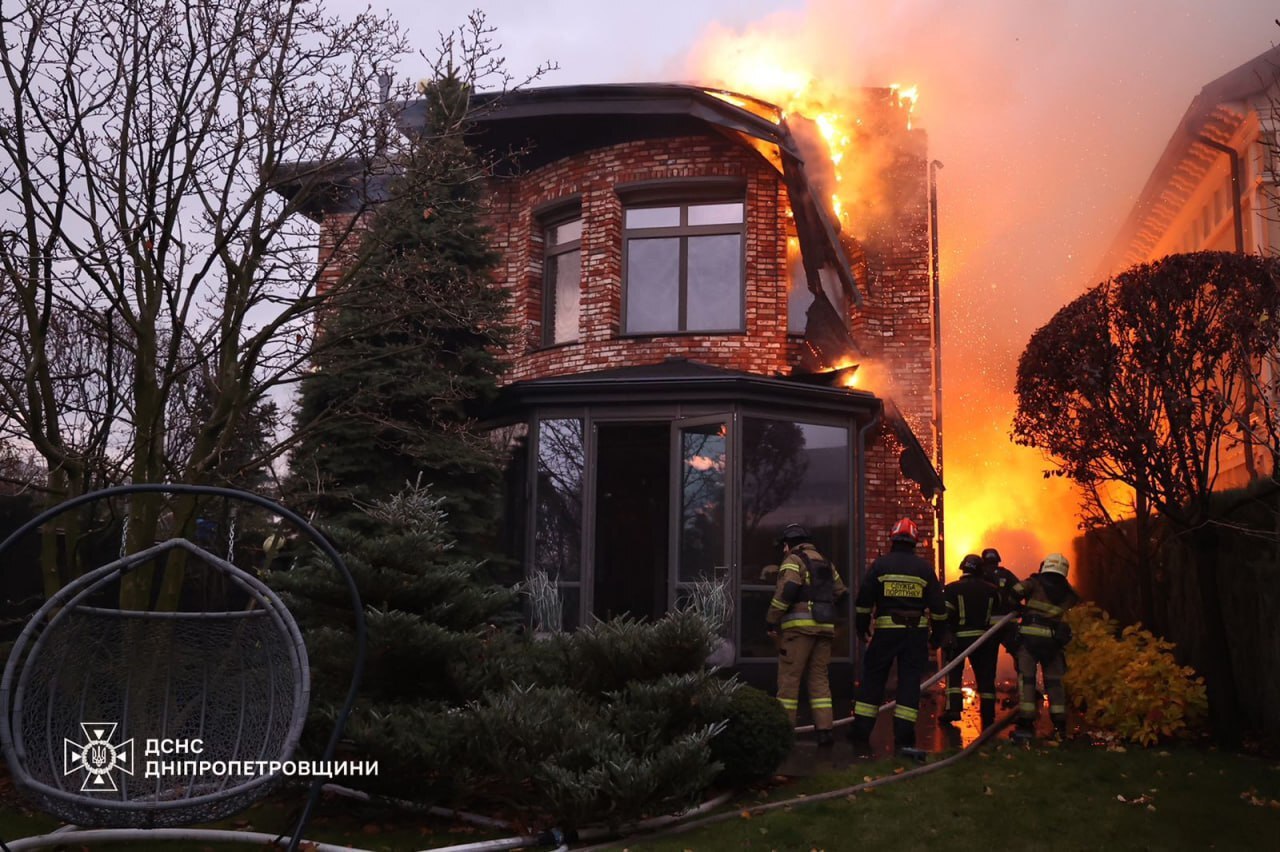
Ukraine’s President Volodymyr Zelenskyy waves as he arrives at the Elysee Palace, Saturday, Dec. 7, 2024 in Paris.
The United States will provide nearly $1 billion more in longer-term weapons support to Ukraine, Defense Secretary Lloyd Austin said Saturday as the Biden administration rushes to spend all the congressionally approved money it has left to bolster Kyiv before President-elect Donald Trump takes office next month.
The latest package will include more drones and munitions for the High Mobility Artillery Rocket Systems, or HIMARS, that the U.S. has provided. While these weapons are critically needed now, they will be funded through the Ukraine Security Assistance Initiative, which pays for longer-term systems to be put on contract.
The weapon systems purchased are often intended to support Ukraine's future military capabilities, not make an immediate difference on the battlefield.
Get top local stories in Philly delivered to you every morning. >Sign up for NBC Philadelphia's News Headlines newsletter.
The $988 million package is on top of an additional $725 million in U.S. military assistance, including counter-drone systems and HIMARS munitions, announced Monday that would be drawn from the Pentagon’s stockpiles to more quickly get to the front lines. The U.S. has provided Ukraine with more than $62 billion in military aid since Russia’s invasion in February 2022.
“The baton will soon be passed,” Austin said. “Others will decide the course ahead. And I hope that they will build on the strength that we have forged over the past four years.”
Ukraine is facing an intensified onslaught by Russia, which is now using thousands of North Korean troops to augment its fight to take back the Kursk region. Moscow also has launched an intermediate-range ballistic missile and regularly strikes Kyiv's civilian infrastructure.
With questions about whether Trump will maintain military support to Ukraine, the Biden administration has been trying to spend every dollar remaining from a massive foreign aid bill passed earlier this year to put Ukraine in the strongest position possible.
“This administration has made its choice. So has a bipartisan coalition in Congress. The next administration must make its own choice,” Austin said in a speech at an annual gathering of national security officials, defense firms and lawmakers at the Ronald Reagan Presidential Library in Simi Valley, California.
Trump had a hastily arranged meeting Saturday with Ukrainian President Volodymyr Zelenskyy and France's Emmanuel Macron while in Paris for the reopening of Notre Dame Cathedral. Macron and other European leaders are trying to persuade Trump to maintain support for Ukraine.
Trump, a longtime admirer of Russian President Vladimir Putin, has criticized U.S. aid for Ukraine and called for bringing a quick end to the war, raising concerns in Ukraine about what terms may be laid out for any future negotiations.
Austin said he was “confident that President Reagan would have stood on the side of Ukraine, American security and human freedom.”
It was one of Austin’s last major speeches as President Joe Biden’s defense secretary and a cap to his more than 41 years serving as a soldier and general.
Under Austin’s watch, the Pentagon in 2022 launched a regular meeting that now counts more than 50 countries to figure out how to get the tens of millions of rounds of ammunition and billions of dollars in advanced weaponry to Ukraine. Without that flow of support, it's possible the country would have fallen to Russia after it invaded.
“Together, we have helped Ukraine survive an all-out assault by the largest military in Europe,” Austin said.
Austin and Kentucky Sen. Mitch McConnell, the longtime Republican leader, were honored at the conference for their lifetime of service, and they used the opportunity to press for the U.S. to continue to build and support its alliances, a sharp contrast to Trump’s “America First “ policy.
Austin called the Ukraine Defense Contact Group “the most consequential global coalition since the time of President George H.W. Bush and Iraq’s 1990 invasion of Kuwait,” showing that "America and our friends have become the arsenal of Ukrainian democracy.”
Before Saturday's announcement, there was roughly $8 billion left to use to pull existing weapons out of U.S. stockpiles and to put additional weapons on contract to help Ukraine.
“We're not going to stop Putin by telling Ukraine we aren't going to give you anything more,” Rep. Adam Smith of Washington state, the top Democrat on the House Armed Services Committee, said at a panel at the Reagan National Defense Forum.



